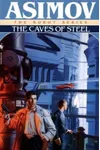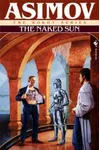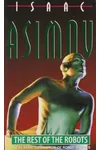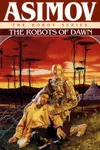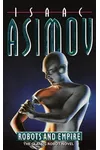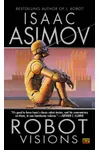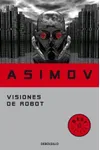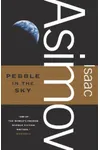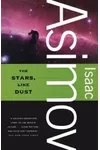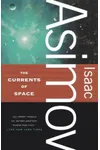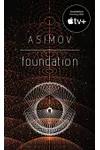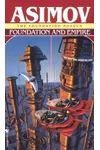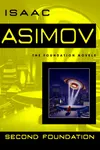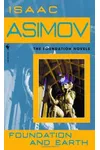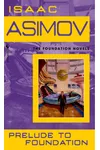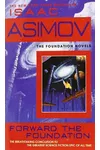Step into the thrilling world of the Greater Foundation series, where galactic empires crumble and brilliant minds plot to save humanity! Penned by the legendary Isaac Asimov, this monumental science fiction saga sweeps readers across millennia, blending intricate plots, cosmic stakes, and a dash of intellectual spice. It’s not just a story—it’s a mind-bending journey through the rise and fall of civilizations, perfect for anyone who’s ever wondered what the future holds.
Imagine a universe where one man’s math could predict the fate of trillions. That’s the hook of Greater Foundation, a series that’s captivated sci-fi fans since its debut. With its visionary storytelling and profound insights, it’s no wonder Asimov’s masterpiece still shines bright in the galaxy of great literature.
How Greater Foundation Began
The Greater Foundation series kicked off in the 1940s, born from the brilliant mind of Isaac Asimov, a biochemistry professor with a knack for spinning cosmic tales. Inspired by Edward Gibbon’s The History of the Decline and Fall of the Roman Empire, Asimov dreamed up a galactic twist: what if history’s lessons could shape a future among the stars? He pitched the idea to editor John W. Campbell at Astounding Science Fiction, and the first stories hit the page in 1942.
Those early tales evolved into the iconic Foundation novel in 1951, launching a saga that would grow over decades. Asimov’s blend of science, sociology, and storytelling struck a chord, turning Greater Foundation into a cornerstone of science fiction that’s as timeless as the stars themselves.
The Heart of Greater Foundation
The series spans seven key books, starting with Foundation (1951), where mathematician Hari Seldon unveils psychohistory—a science predicting societal trends—and sets up a colony to preserve knowledge as the Galactic Empire falters. Foundation and Empire (1952) ups the ante with a mutant threat, while Second Foundation (1953) reveals a hidden group steering humanity’s fate. Later, Foundation’s Edge (1982) follows a quest for cosmic truth.
At its core, Greater Foundation wrestles with big ideas: power, destiny, and the cycles of history. Asimov’s style leans on dialogue and brainy twists over action, set against a sprawling galaxy where planets like Trantor buzz with life. It’s a slow burn that rewards curious minds, exploring how societies evolve—or collapse—under the weight of time.
Themes of resilience and intellect shine through, wrapped in a narrative that feels like a chess game across centuries. Whether it’s Seldon’s grand plan or a trader’s cunning, the series asks: can we outsmart our own downfall? It’s sci-fi with a philosophical edge, and it’s utterly addictive.
Why Greater Foundation Resonates
Greater Foundation isn’t just a series—it’s a cultural titan. Winning the Hugo Award for Best All-Time Series in 1966, it outshone even Tolkien’s Lord of the Rings. Its influence ripples through sci-fi, inspiring works like Star Wars and countless writers who’ve borrowed its grand scope. Fans adore its blend of brainy concepts and epic stakes, keeping it alive in discussions and adaptations, like Apple TV+’s bold reimagining.
What makes it stick? It’s the way Asimov tackles the human condition—our brilliance, our flaws, our hope—against a cosmic canvas. Decades later, its questions about society and survival feel eerily relevant, proving Greater Foundation’s legacy is as enduring as the galaxy it portrays.
- About Greater Foundation:
- Publication span: 1951–1993
- Books: 7 main novels
- Award: Hugo for Best All-Time Series (1966)
Ready to explore a universe where math meets destiny? Grab Foundation and dive into Greater Foundation’s dazzling sci-fi galaxy today!

